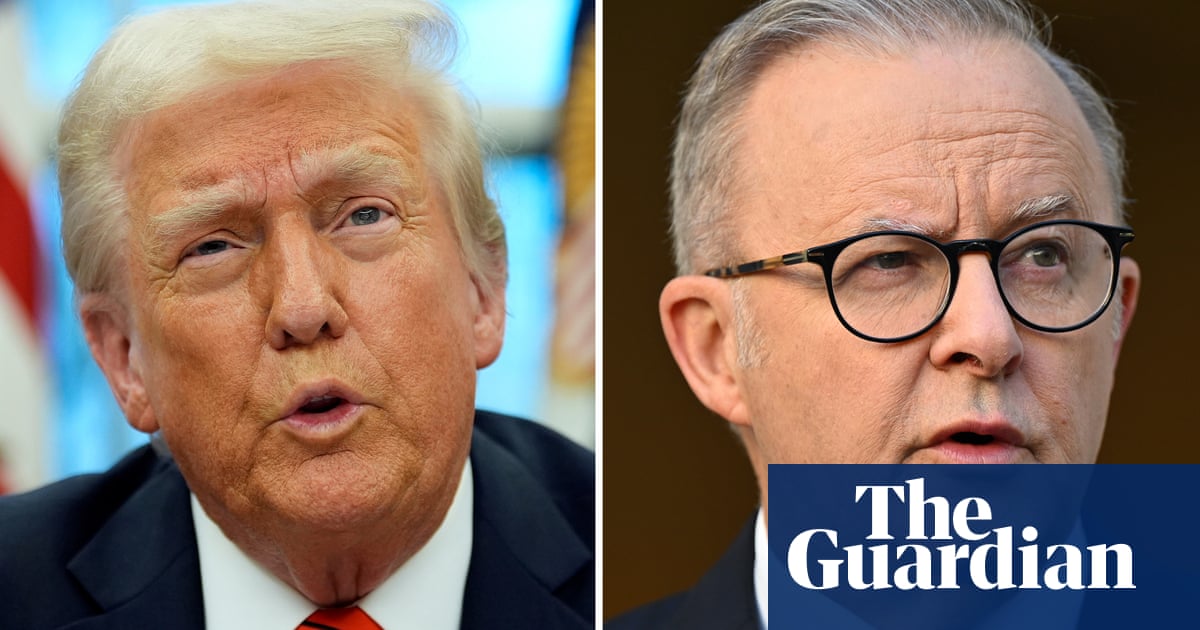Australia Declines Retaliation Against U.S. Tariffs on Steel and Aluminum
Australian PM Anthony Albanese criticizes unjustified U.S. tariffs but vows not to impose reciprocal measures, seeking an exemption instead.
Overview
Australian Prime Minister Anthony Albanese condemned U.S. tariffs on steel and aluminum as unjustified, opting against retaliation. Albanese aims to secure an exemption, following a perceived failure of U.S. negotiations under President Trump. The intensified tariffs, impacting trade relations, have sparked warnings of economic harm and inflation for consumers. Australian officials, including former Prime Minister Malcolm Turnbull, express concerns over U.S. trade policy and its effects on local industries.
Report issue

Read both sides in 5 minutes each day
Analysis
- Australian Prime Minister Anthony Albanese deems U.S. tariffs on Australian steel and aluminum as unjustified and harmful, but states that Australia will not retaliate with its own tariffs.
- Albanese advocates for diplomacy and the pursuit of an exemption from these tariffs, acknowledging that the previous exemption took significant negotiation effort and time.
- Concerns are raised about the broader implications of U.S. tariffs on economic growth and consumer prices, emphasizing that escalating trade tensions could lead to higher inflation.
Articles (3)
Center (2)
FAQ
Australia chose not to impose reciprocal tariffs because doing so would increase prices for Australian consumers and spur inflation, which is considered a form of economic self-harm.
Australia is continuing to lobby the U.S. administration for an exemption from the tariffs. They are using diplomatic channels, including their embassy in the U.S., to advocate for Australian trade interests.
Australian steel and aluminum exports to the U.S. represent less than 0.2% of the total value of Australia's annual exports and are not among the top 10 products sold to the U.S.
The tariffs could indirectly affect Australian miners who produce raw materials for metals manufacturing, and overall, they are expected to have a negative impact due to the complexity of global supply chains.
History
- This story does not have any previous versions.

